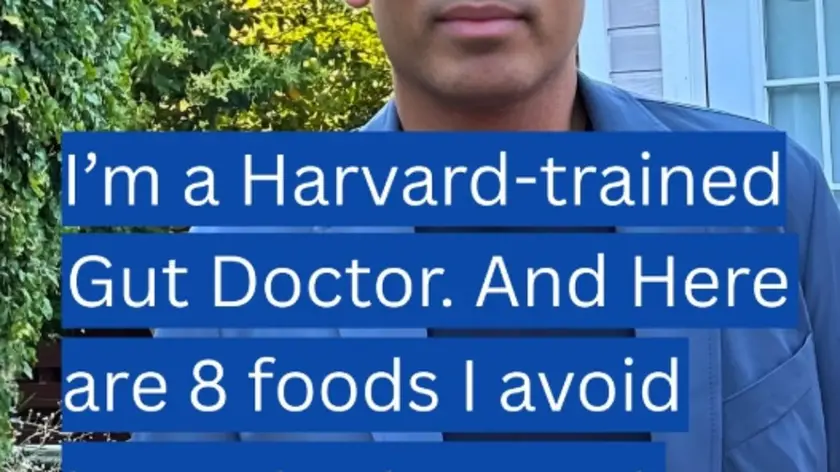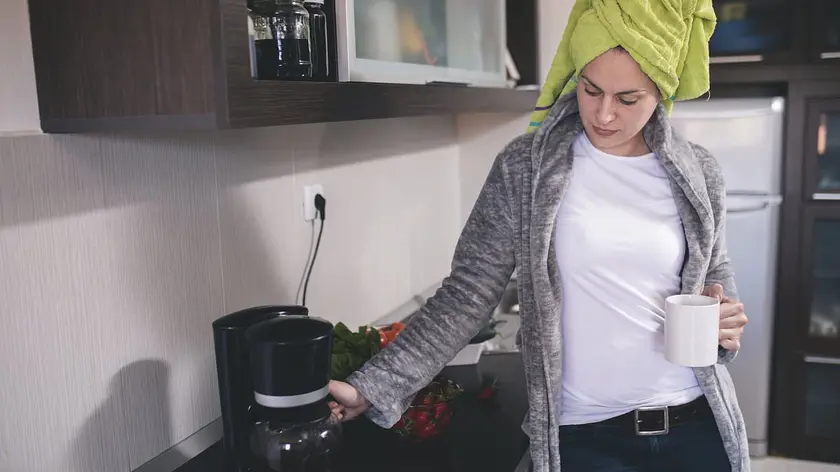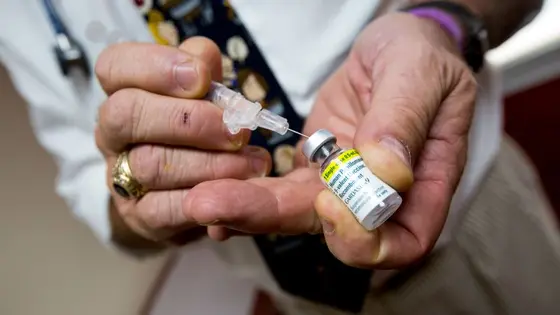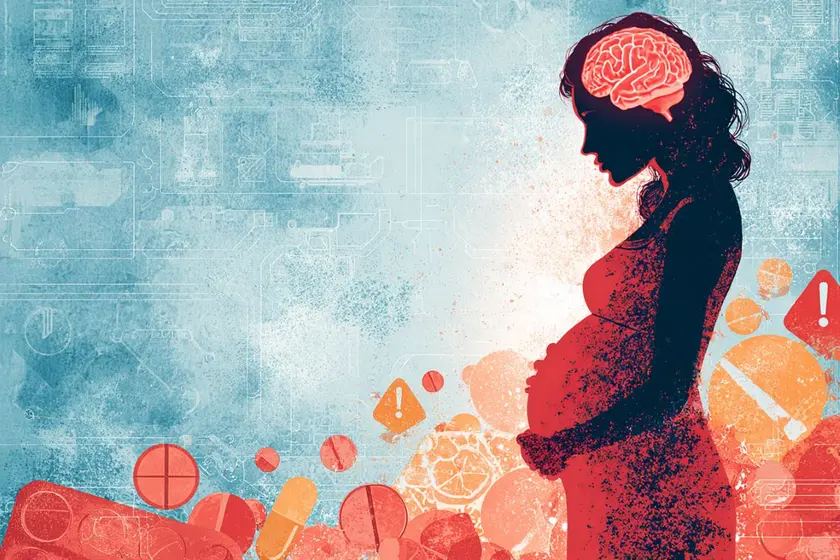T4K3.news
Harvard doctor links matcha to cancer protection
A Harvard gastroenterologist suggests matcha may lower cancer risk thanks to antioxidants, but experts urge caution until more data exists.

A Harvard trained gastroenterologist suggests matcha may help reduce cancer risk due to antioxidants, amid mixed scientific evidence.
Harvard doctor links matcha to cancer protection
A Harvard trained gastroenterologist, Dr Sauarbh Sethi, says matcha, the finely ground green tea powder, is a powerful source of catechins that might lower cancer risk. He points to studies showing antioxidant benefits and potential mechanisms that could slow tumor growth or enhance chemotherapy. Yet major reviews note inconsistent human data, and researchers caution that findings from lab work do not prove cancer prevention in people.
The piece also highlights the market surge for matcha, with US sales reaching into the billions over the past decades, and explains how caffeine levels compare with coffee. Some voices in the medical community urge more robust clinical trials before recommending matcha as a cancer-prevention strategy, underscoring a gap between hype and solid evidence.
Key Takeaways
"Unless those data are available, these are just hypotheses."
Kamath's cautious stance from the Cleveland Clinic.
"Matcha tea powder exerts an antidepressant-like effect by activating the dopaminergic system."
Kurauchi's study finding cited in the article.
"Surely, more molecular studies and clinical trials are warranted."
Salford researchers urging further work.
The article illustrates how wellness trends ride on selective science and confident messaging. It blends traditional use with modern research, creating understandable optimism while leaving room for doubt. This tension matters because readers may change habits based on early or incomplete findings.
The real test lies in rigorous, peer-reviewed human studies. Without clear proof, health claims risk misinformation and may spur unnecessary dietary changes or market-driven hype. Editors should emphasize evidence quality and avoid overstating benefits while acknowledging plausible mechanisms.
Highlights
- Unless those data are available, these are just hypotheses.
- Matcha tea powder exerts an antidepressant-like effect by activating the dopaminergic system.
- Surely, more molecular studies and clinical trials are warranted.
- Proof matters more than promises in health claims.
Sensitive health claims require robust evidence
The article presents cancer-related benefits of matcha based on limited studies and expert opinions. Without robust clinical data, these claims risk misinformation and could influence consumer behavior.
As science grows, readers should balance curiosity with a demand for solid evidence.
Enjoyed this? Let your friends know!
Related News

Harvard gastroenterologist reveals foods to avoid

Health risks linked to black plastic coffee machines

HPV vaccine could cut cancer with better awareness

Flossing after meals tied to heart brain health

Prenatal acetaminophen linked to higher autism ADHD risk

Rising cancer rates in young women

New research links ejaculation to lower prostate cancer risk

Colon cancer case spikes among younger adults drive health warnings
